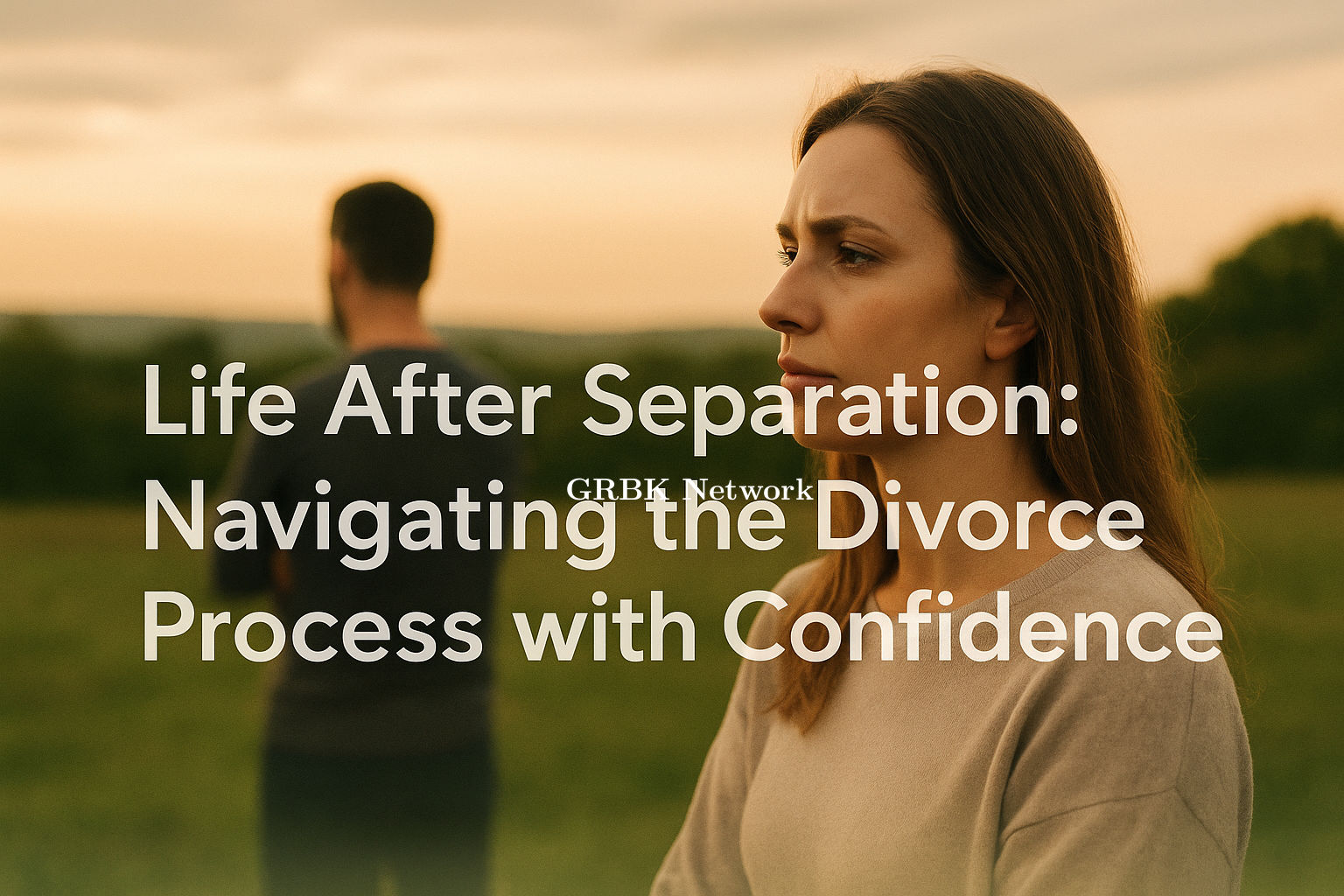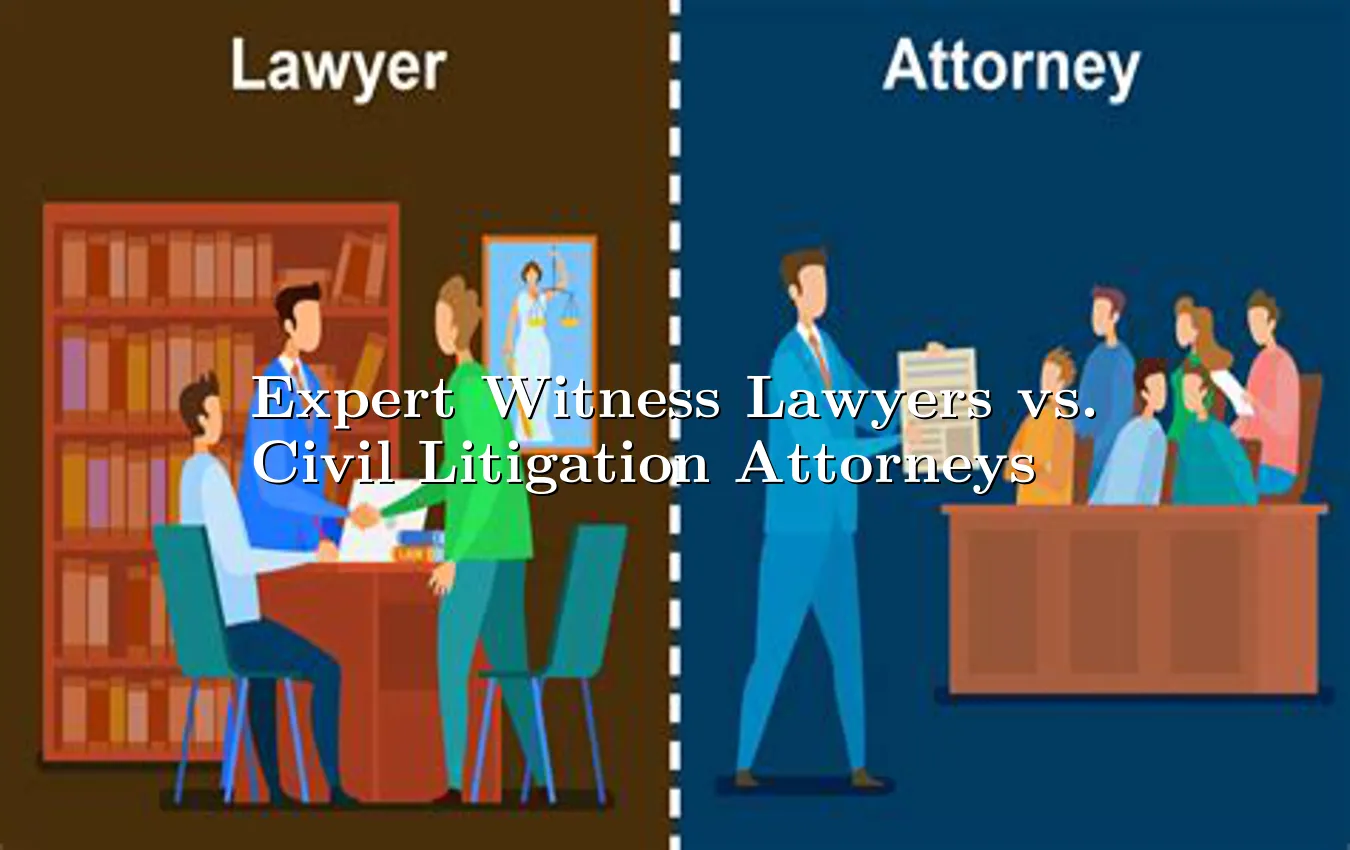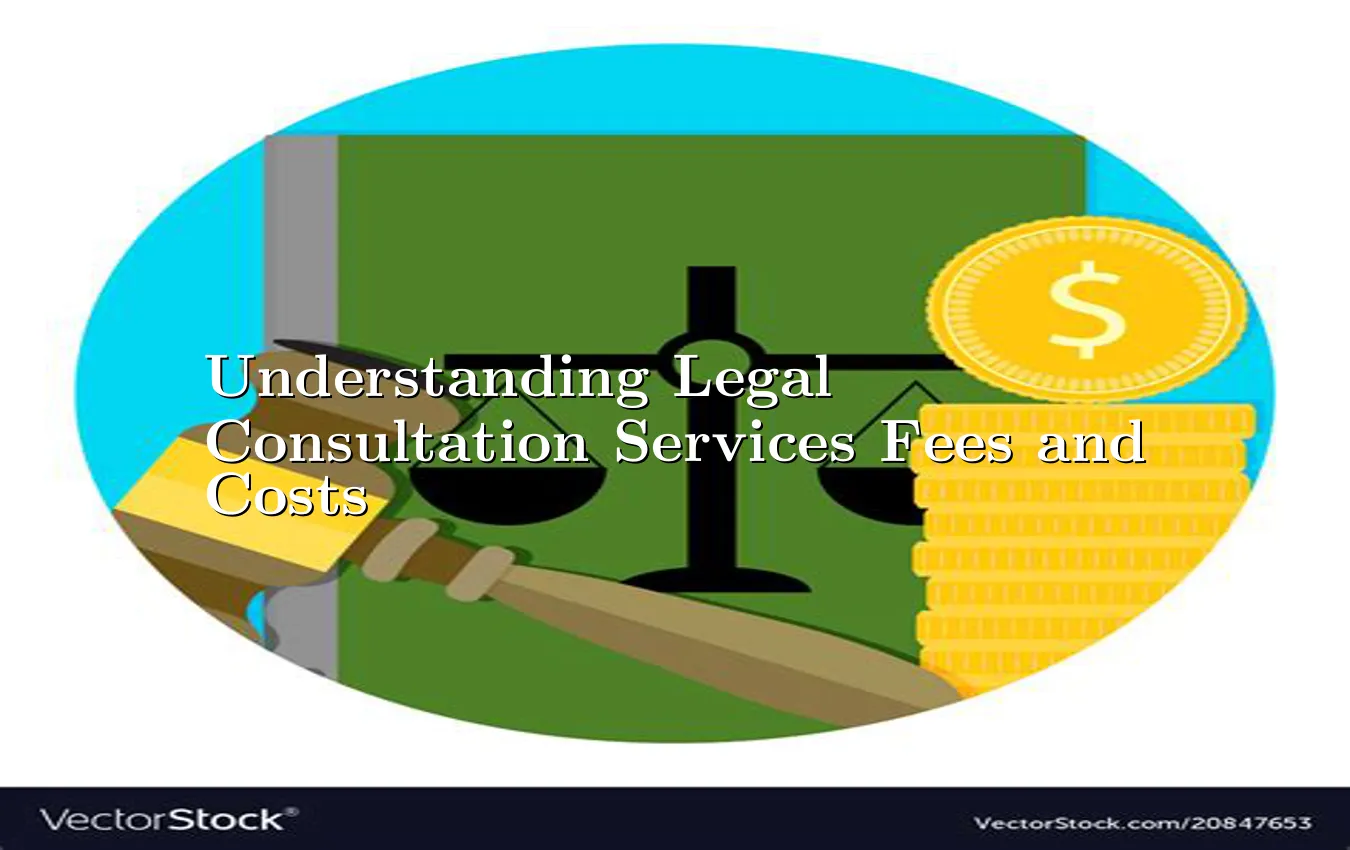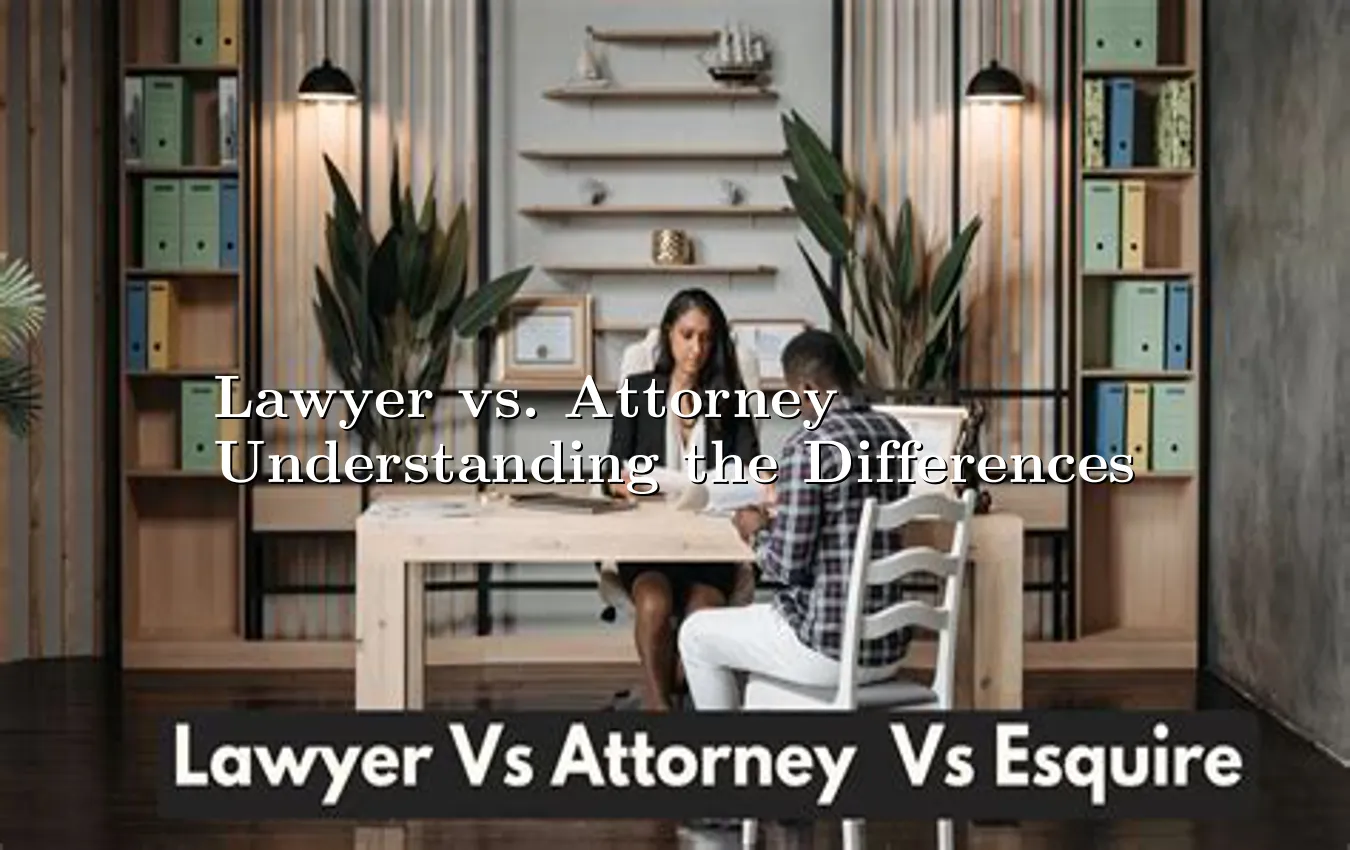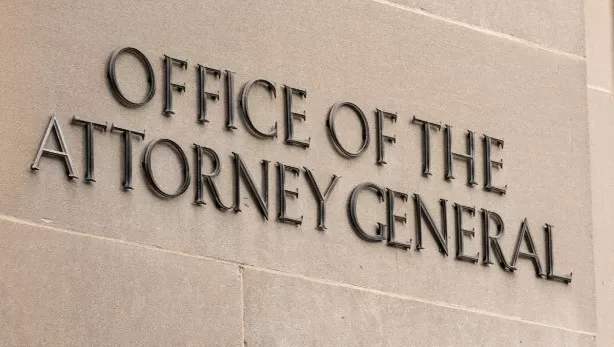
Description : Learn how to choose the right estate planning attorney. This step-by-step guide covers finding, interviewing, and working with an attorney to create a comprehensive estate plan.
Estate planning is a crucial process for protecting your assets and ensuring your wishes are carried out after your passing. Navigating this complex area can be daunting, but seeking guidance from a qualified estate planning attorney can make the process significantly smoother. This comprehensive guide will walk you through the steps of finding, interviewing, and working with an estate planning attorney to build a robust estate plan.
Understanding the importance of a well-structured estate plan is paramount. A carefully crafted plan can save your loved ones significant time, stress, and potential legal battles in the event of your passing. This guide will provide a clear roadmap to help you navigate this essential process.
This comprehensive guide will explore every aspect of working with an estate planning attorney, from initial consultation to the final execution of your estate plan. We will delve into the critical questions to ask, the documents you should expect to receive, and the ongoing responsibilities of both you and your attorney.
Read More:
Understanding the Role of an Estate Planning Attorney
Estate planning attorneys specialize in creating legal documents that outline how your assets will be distributed after your death. They are trained to understand complex legal frameworks and ensure your wishes are legally sound and enforceable. Their expertise extends beyond simply writing a will; they can also help you establish trusts, power of attorney documents, and other important legal instruments.
Key Services Offered by Estate Planning Attorneys
Will preparation: Creating a legally sound will that reflects your specific wishes for the distribution of your assets.
Trust creation: Establishing trusts to manage assets, minimize taxes, and provide for beneficiaries.
Power of attorney: Designating someone to manage your financial affairs if you become incapacitated.
Healthcare directives: Documenting your healthcare preferences in case you lose the ability to make decisions for yourself.
Probate avoidance: Developing strategies to minimize the need for probate, a court-supervised process for managing your estate.
Finding the Right Estate Planning Attorney
Choosing the right estate planning attorney is crucial. Consider factors such as experience, specialization, and communication style.
Researching Potential Attorneys
Online resources: Use online directories and legal databases to research attorneys in your area.
Referrals: Ask trusted friends, family, or financial advisors for recommendations.
Bar associations: Check with your local bar association for attorney profiles and disciplinary records.
Interviewing Potential Attorneys
Once you've compiled a list of potential attorneys, schedule consultations to discuss your specific needs and goals. This is your chance to assess their expertise and communication skills.
Interested:
Questions to Ask During the Consultation
What is your experience with estate planning cases similar to mine?
What is your fee structure, and are there any hidden costs?
Can you explain the different types of trusts and how they might apply to my situation?
How will you communicate with me throughout this process?
What is your approach to estate planning, and how does that align with my needs?
Working with Your Chosen Attorney
Once you've selected an attorney, work closely with them to develop a comprehensive estate plan. Be prepared to provide detailed information about your assets, beneficiaries, and any specific wishes or concerns.
Essential Documents and Steps
Gather financial documents: Provide all necessary financial records, including bank statements, investment accounts, property deeds, and insurance policies.
Discuss your goals and wishes: Clearly articulate your objectives and any specific instructions for the distribution of your assets.
Review and sign the documents: Carefully review all documents before signing, ensuring they accurately reflect your wishes.
Regularly update your plan: Life circumstances change, so it's essential to review and update your estate plan periodically.
Creating a comprehensive estate plan is a significant undertaking, but working with a qualified estate planning attorney can make the process much easier and more effective. This guide has provided a framework for finding, interviewing, and working with an attorney, helping you navigate this important aspect of personal finance and legacy planning.
Remember, estate planning is a continuous process. Regular review and updates ensure your plan remains relevant to your evolving needs and circumstances, protecting your assets and ensuring your wishes are carried out effectively.
Don't Miss:



